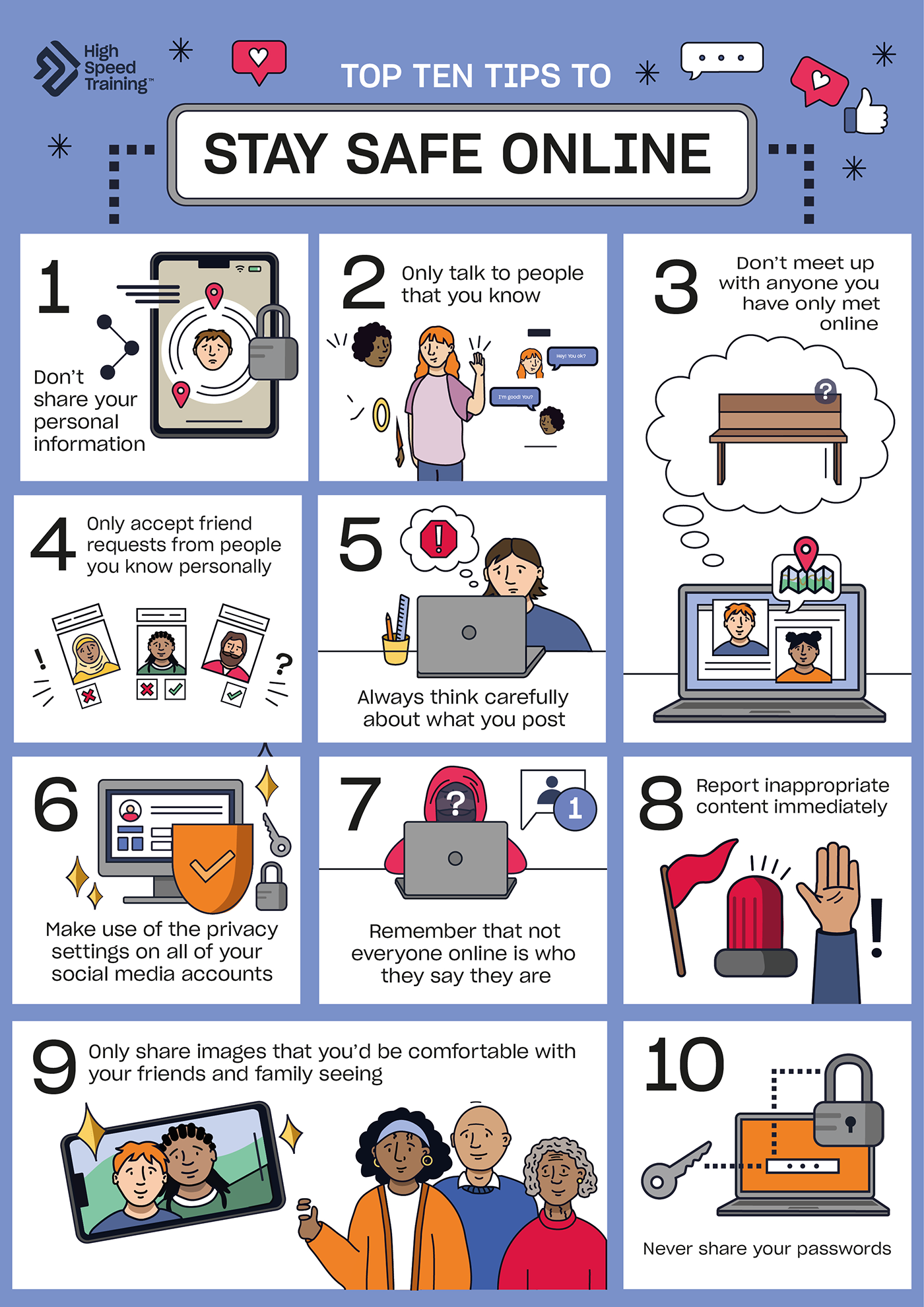Staying Safe Online and Maintaining Privacy
Beware of Harmful Content
Being safe online starts with being cautious of what information and sites you access. Some content promotes illegal or unethical acts that can endanger yourself or others. Always think critically about any requests to share private details or participate in suspicious activities. If something feels wrong, it likely is - so avoid it for your own protection. Technology has made connecting with people worldwide easy, but it has also given bad actors new ways to target victims. Never feel pressured to hurriedly make decisions online, as this increases risks. Take time to think things through before sharing or downloading anything sensitive. Your digital safety should be a top priority.

Secure Your Devices and Accounts
With the right precautions, you can minimize threats while still enjoying all the internet has to offer. Password-protect all of your electronics and online profiles with unique, long passwords. Use a password manager so you don’t reuse the same ones everywhere. Also enable login authentication apps whenever available for two-factor identification. This makes your information much harder to access without permission. Regularly scan devices for malware and security weaknesses. Only install apps from official sources like mobile stores after carefully reviewing what permissions they request. Be wary of requests to disable security features, as legitimate programs don’t need this level of access. Taking basic digital hygiene steps daily protects you from many common risks.
Privacy Settings and Controls
Social media, emails, search history - there is a lot of personal data spread across various online platforms. Review privacy controls on all your accounts regularly. Adjust what is visible to the public versus only friends versus yourself. Limit what data companies can collect about you by opting out of profiling features. Consider using encrypted messaging apps or email for sensitive discussions. Remember that publicly posting can never truly be deleted, so avoid sharing things you wouldn’t want permanently archived. With awareness and smart controls, you retain autonomy over your digital footprint and information. Privacy is essential in the digital world, so make informed choices about what you share and with whom.
Alternative Communication Methods
While common apps offer convenience, they also give companies vast amounts of user data. If you want higher privacy standards, explore alternative options running open-source software. These may have fewer built-in tracking tools but equally robust security if configured properly. Signal is an excellent encrypted calling and messaging alternative to traditional services. For internet searches try alternatives to dominant search engines like Ecosia which donates profits to environmental projects or Searx which decentralizes data collection. Even small steps like avoiding auto-filling personal fields or clicking targeted ads enhances safety. Your rights to privacy shouldn’t end just because activities move online. With some simple adjustments, you can secure communications without compromising too much usability.
Be Wary of Scams and Phishing
Criminals use ingenious social engineering tactics every day to con unsuspecting people. Be extra cautious of unsolicited emails, phone calls, or online requests asking for personal data like bank details, passwords or access to devices. Legitimate businesses will never contact you out of the blue for sensitive info like this either - it’s always a red flag. Never click links or open attachments in unplanned messages from unknown senders. Hover over webpage addresses to check they lead to the correct domain before entering login credentials anywhere. Be skeptical of dramatic lottery/prize notices or supposed invoices requiring urgent payment as these are tried and tested fraud ploys. Remaining vigilant prevents you from becoming another statistic in widespread identity theft and financial crimes.
What To Do If Your Devices Are Compromised
Despite precautions, sometimes devices still get targeted by advanced hacking programs or just technical issues beyond your control. If something seems altered without permission, quickly change all your online account passwords as a precaution. For infected equipment, physically disconnect it from networks to stop malicious activity from spreading elsewhere digitally.
First, try running thorough virus and malware scans to detect intrusions. Reinstalling the operating system as a last resort fully removes any unidentified threats, but your data will be lost in the process. Contact security professionals if problems persist or seem beyond your technical ability to troubleshoot alone. With their help, your full online presence can be cleaned and secured once more. Early response is key to minimize fallout from digital safety incidents.
Staying safe in the digital world requires ongoing awareness and proactive steps. But with patient vigilance, privacy and security are absolutely achievable without abandoning modern connectivity’s benefits. Your digital wellbeing is a responsibility that pays to take seriously every single day, online and off.
